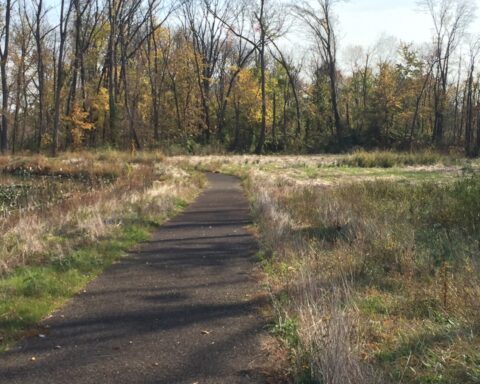In a significant step toward bringing reliable internet to rural America, four states – Kansas, Louisiana, Nevada, and West Virginia – have completed all the necessary steps to receive funding under the Broadband Equity, Access, and Deployment (BEAD) program.
The BEAD program is one part of the “Internet for All” initiative, which harnesses the resources of multiple federal agencies to provide affordable, reliable, high-speed internet service to every American.
Most recently, West Virginia secured $1.2 billion in BEAD funding, making it the largest beneficiary of the program so far. In an announcement April 30, West Virginia Gov. Jim Justice proclaimed, “this is a big deal. … I am excited to see the results of this historic investment in broadband technology and infrastructure.”
The BEAD program, a $42.45 billion grant program authorized by the 2021 Infrastructure Investment and Jobs Act, follows a rigorous multi-step planning process to ensure the efficient allocation and use of funds. In the first step, states and U.S. territories such as Puerto Rico and Guam submitted letters of intent to participate in the BEAD program and received up to $5 million to support planning efforts.
In the next step, states and territories — known as eligible entities — submitted plans on how they will use BEAD funding to expand internet access. The first volume of the plan outlined the entity’s challenge process, which allows local governments, nonprofit organizations and broadband service providers to provide feedback and shape the eligibility of locations for BEAD funding.
In the second volume of the plan, eligible entities go into greater detail on how they will implement BEAD funding. States and territories explained how they planned to deploy broadband infrastructure and ensure service to all unserved and underserved locations. So far, all 50 states and six territories have submitted both portions of their plan. Fifty-one out of 56 eligible entities have had plan volume I approved, but only four have had volume II approved.
The total funding allocations possible are already predetermined by the National Telecommunications and Information Administration that oversees the BEAD program. The funding cannot be released to eligible entities until both volumes of their plan are approved.
Louisiana has already begun utilizing $1.3 billion in BEAD funds, with $30 million for the Louisiana Community and Technical College System to offer telecom certifications, preparing the workforce for upcoming broadband construction projects. Kansas has been allocated $451.7 million, while Nevada has secured $416.6 million in funding.
“I commend the teams in Kansas, Nevada and West Virginia for their tireless work to ensure everyone in their state has access to reliable high-speed Internet service,” U.S. Secretary of Commerce Gina Raimondo said in a press release. Raimondo added that expanding broadband access is a crucial government service because of the “quality, affordable Internet service and the jobs, healthcare and educational opportunities it provides.”

Photo by Glenn Carstens-Peters on Unsplash

















